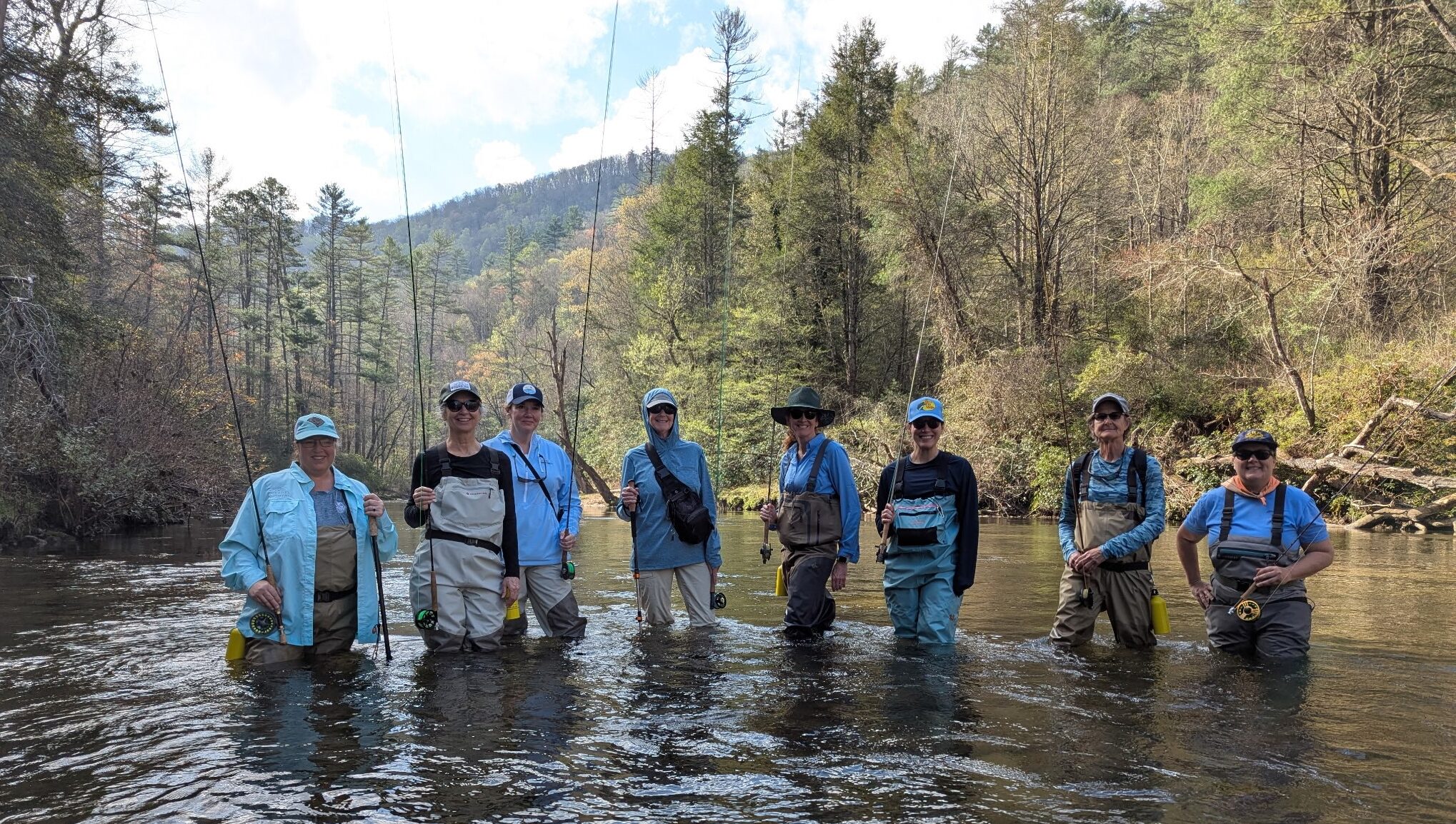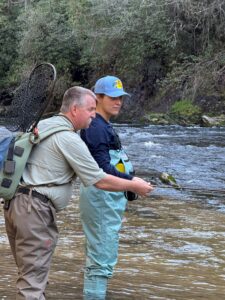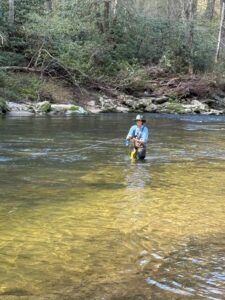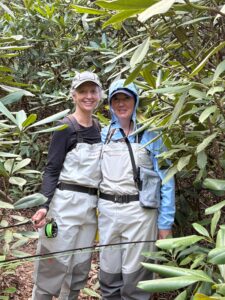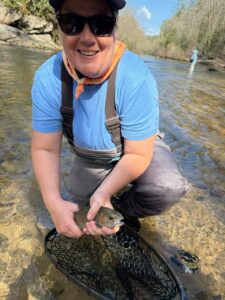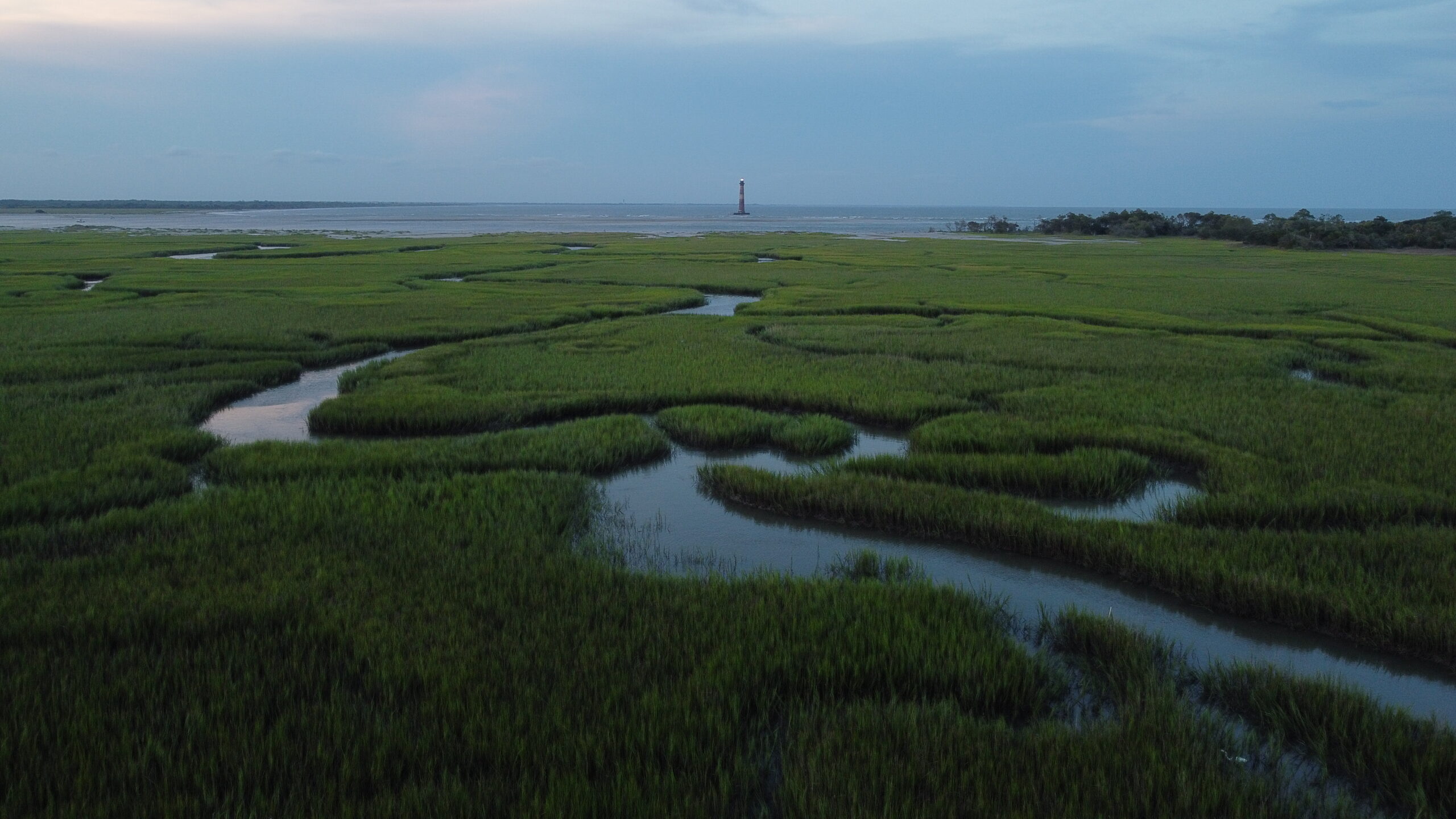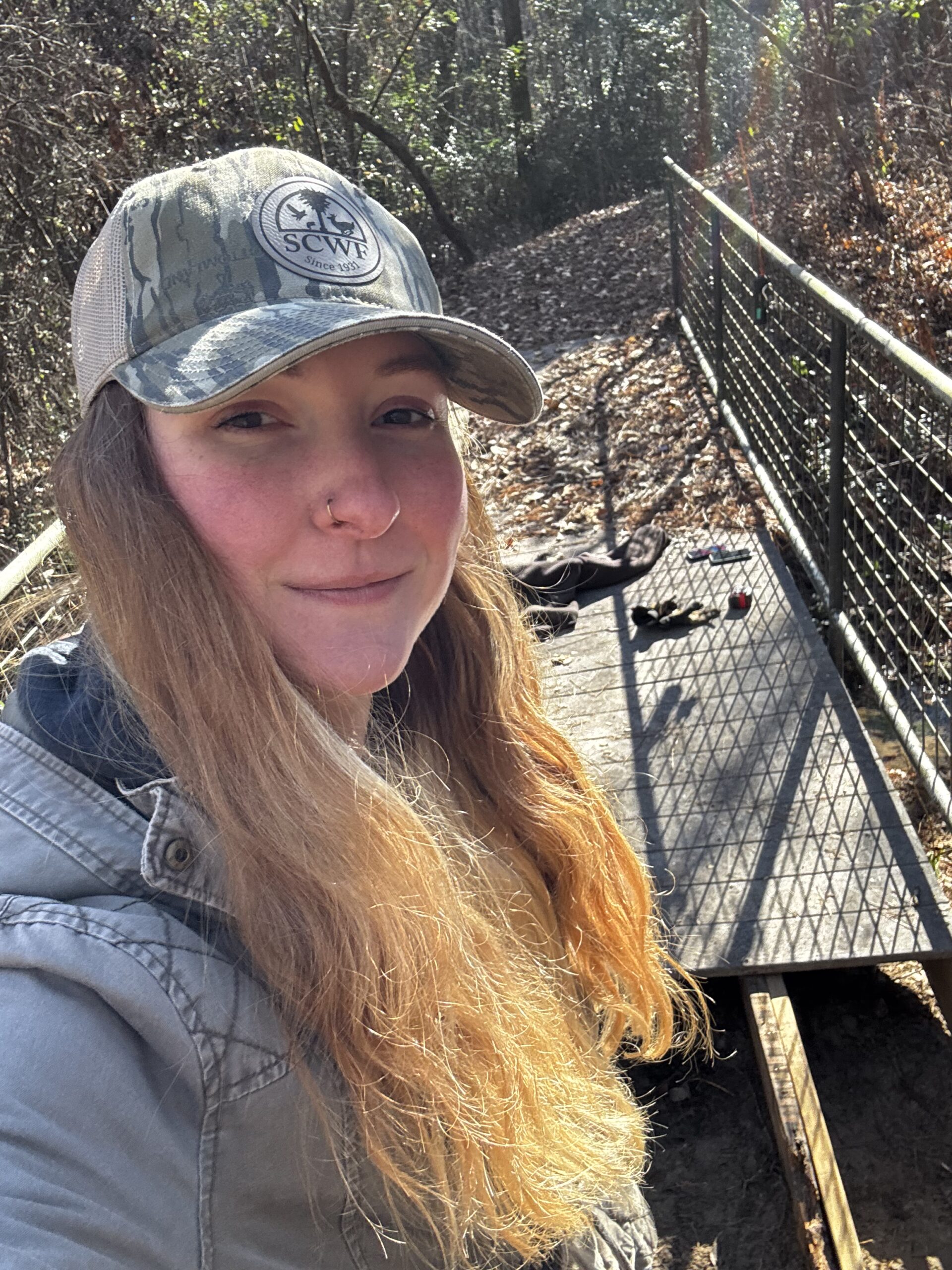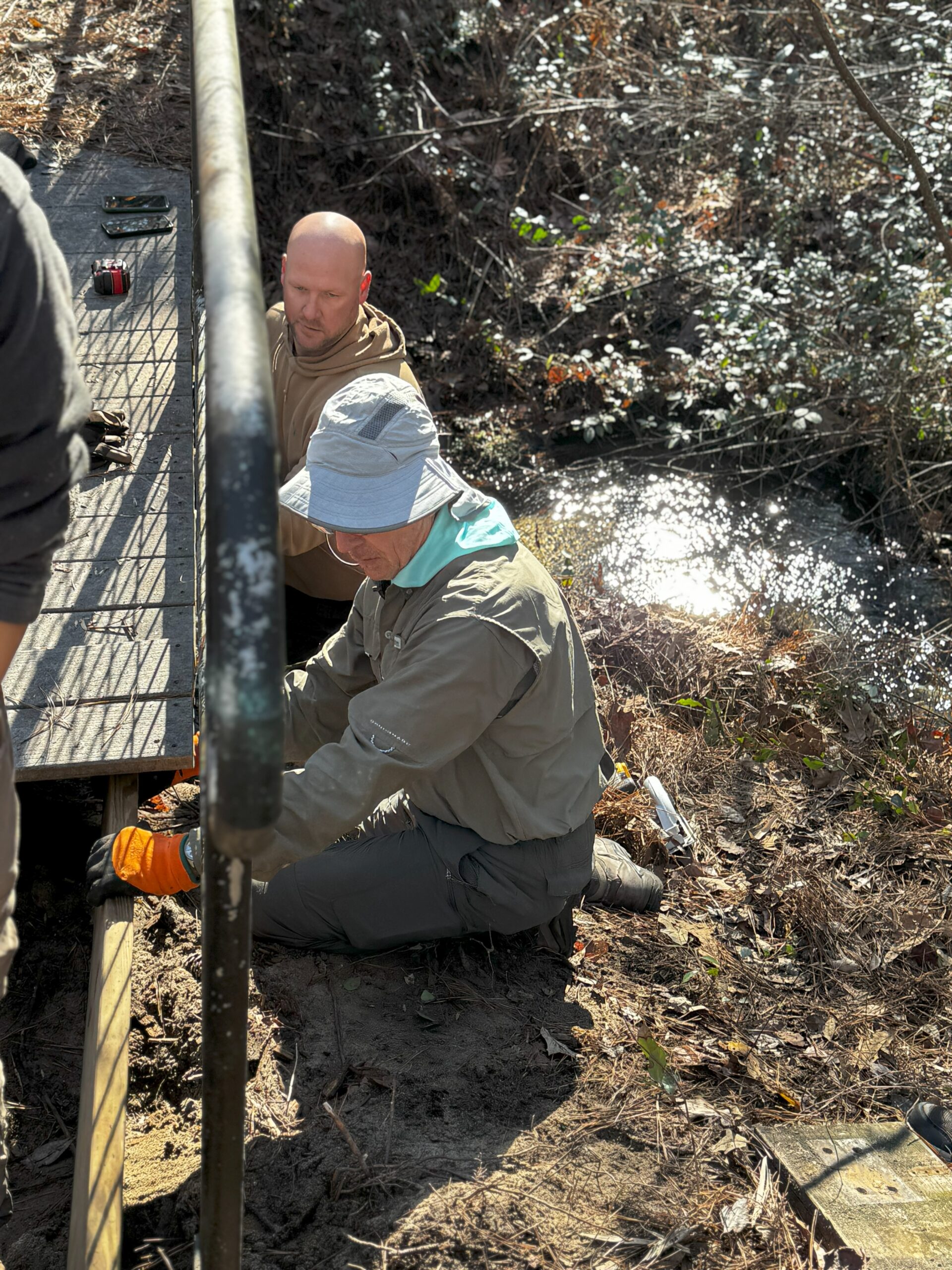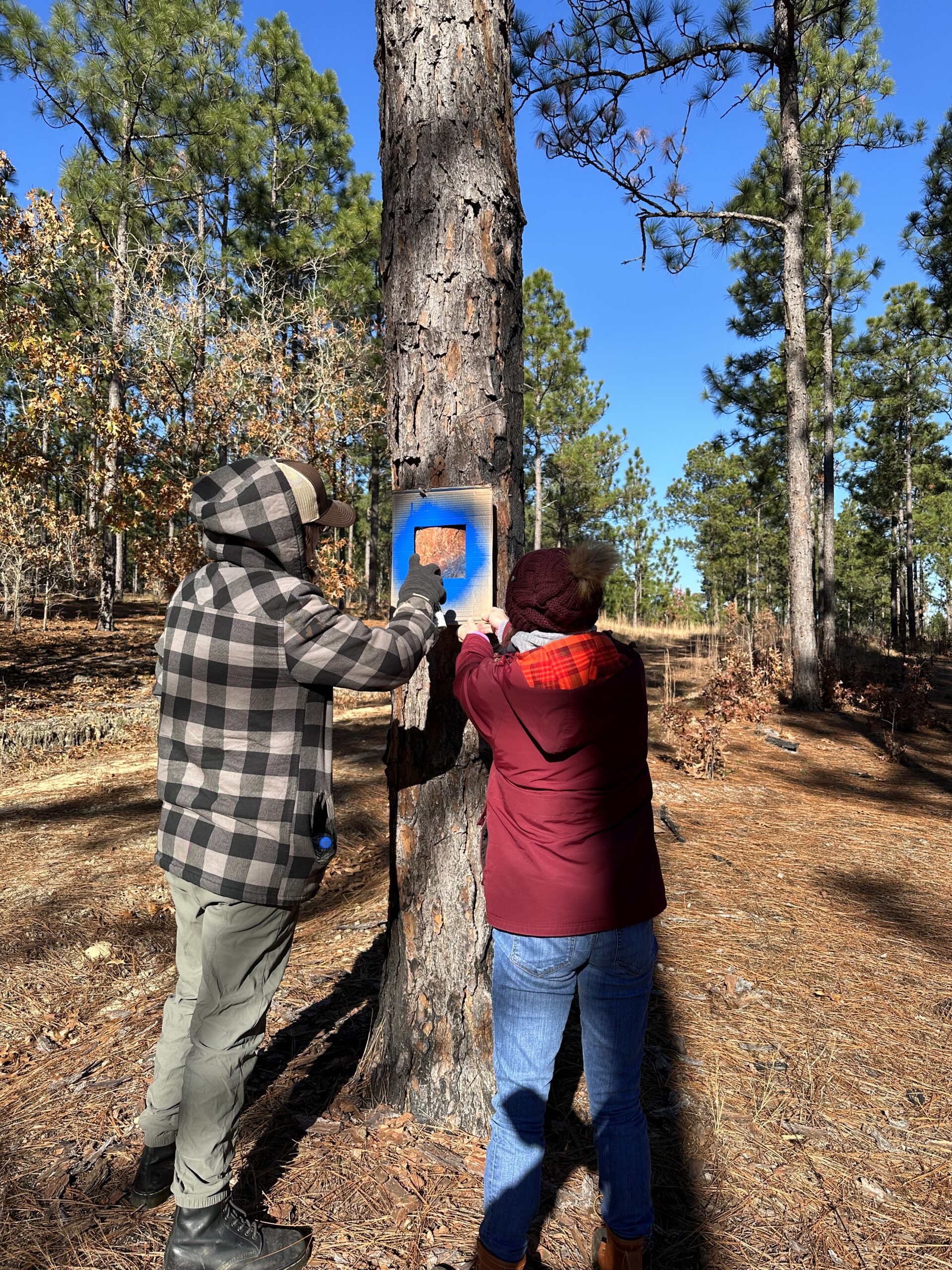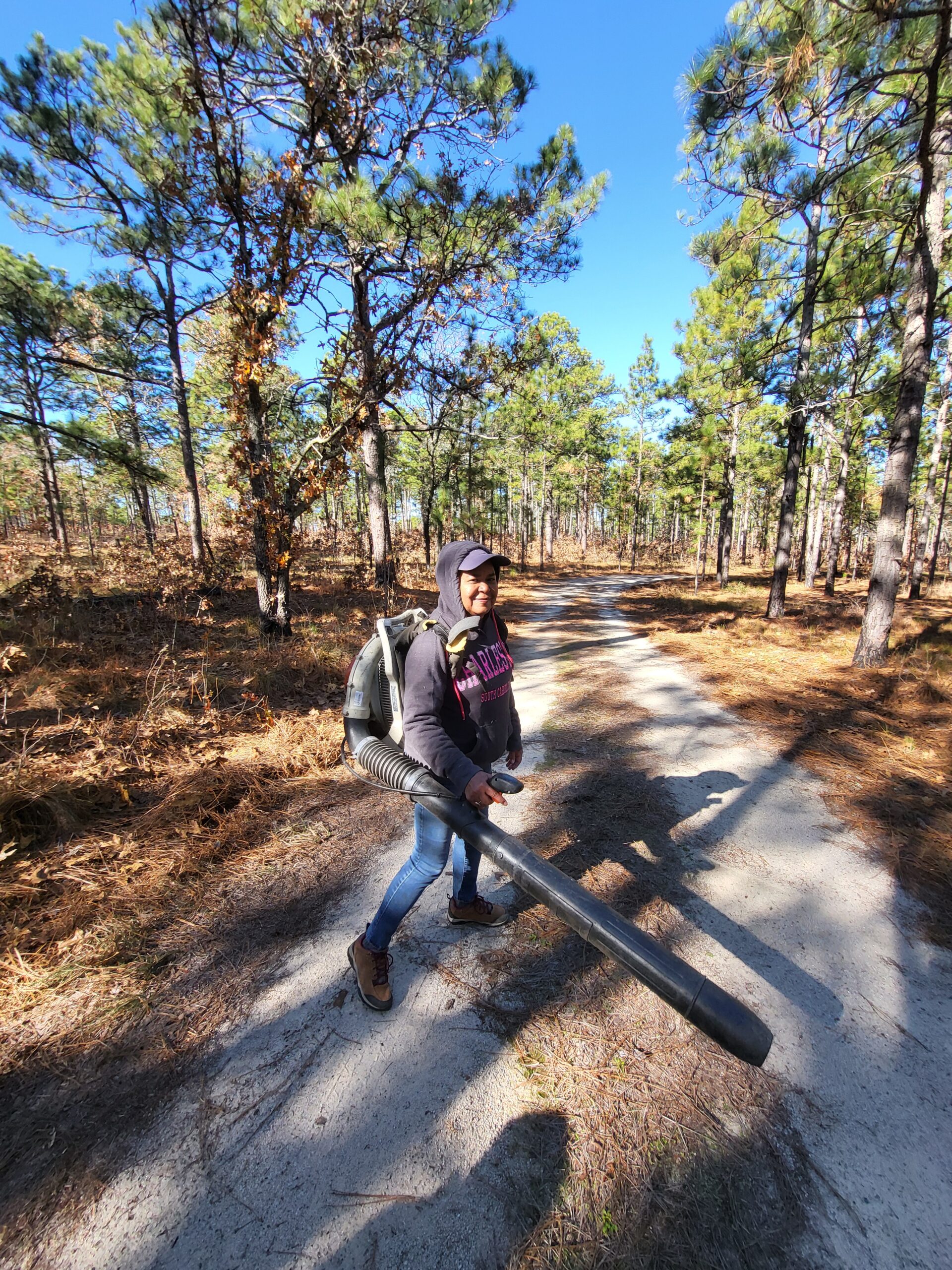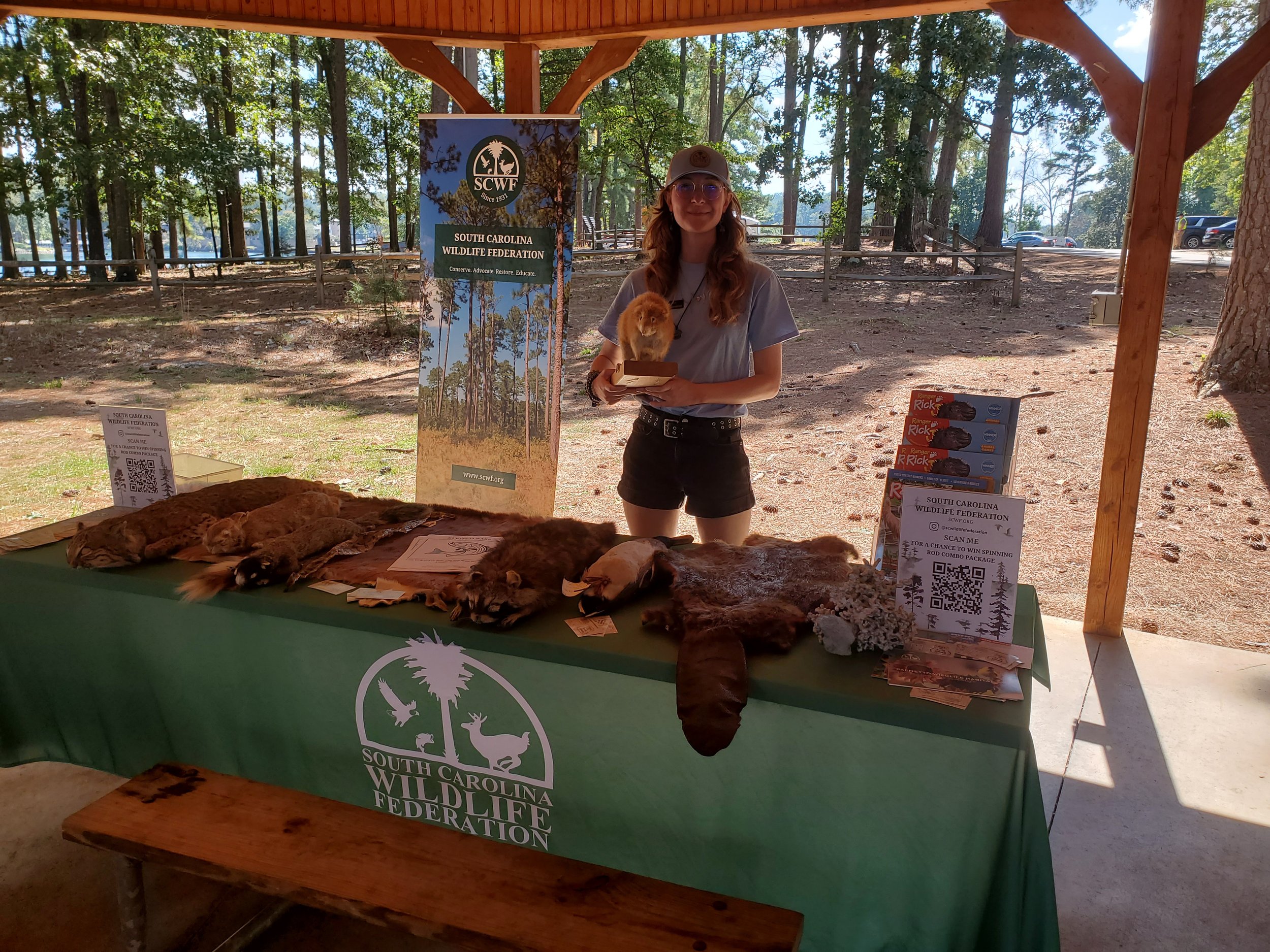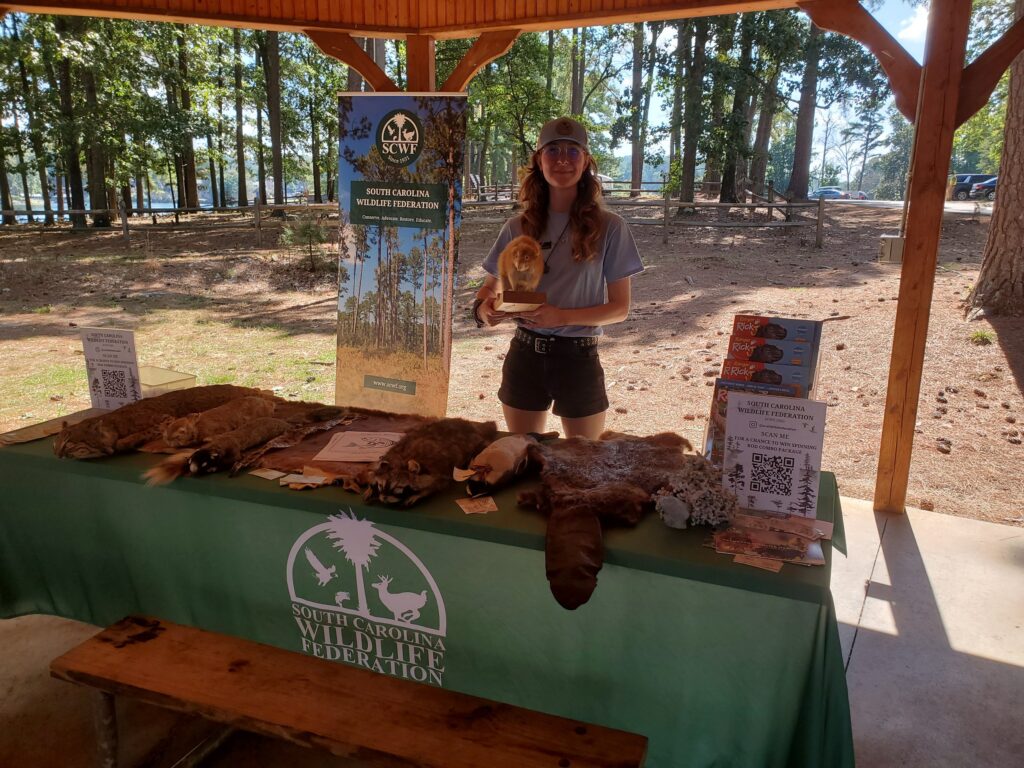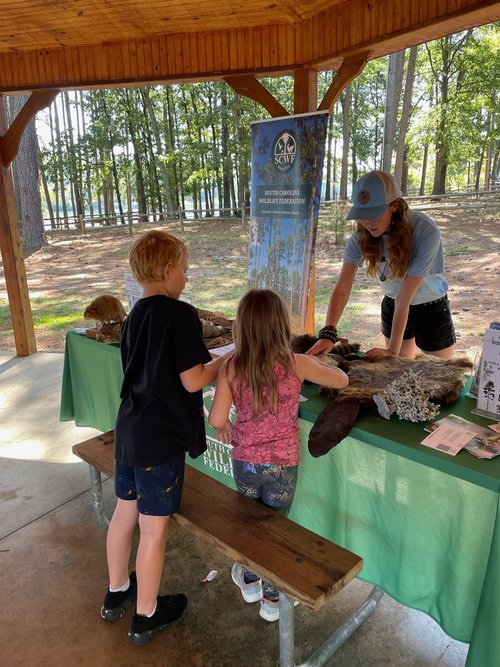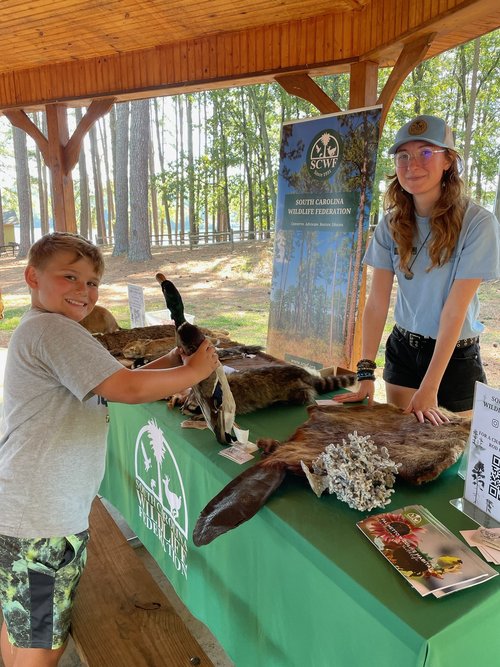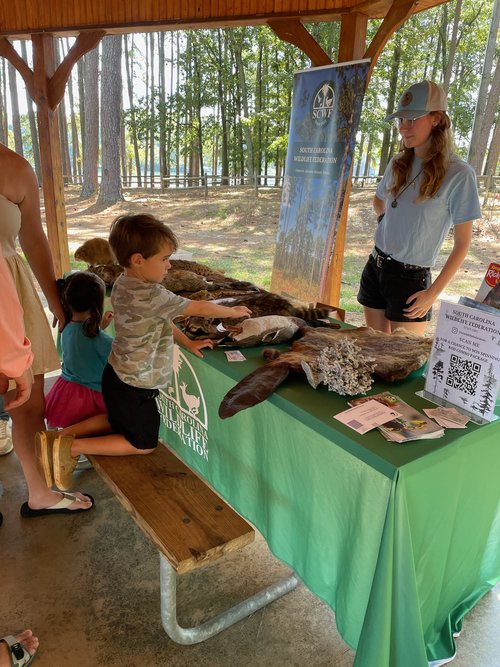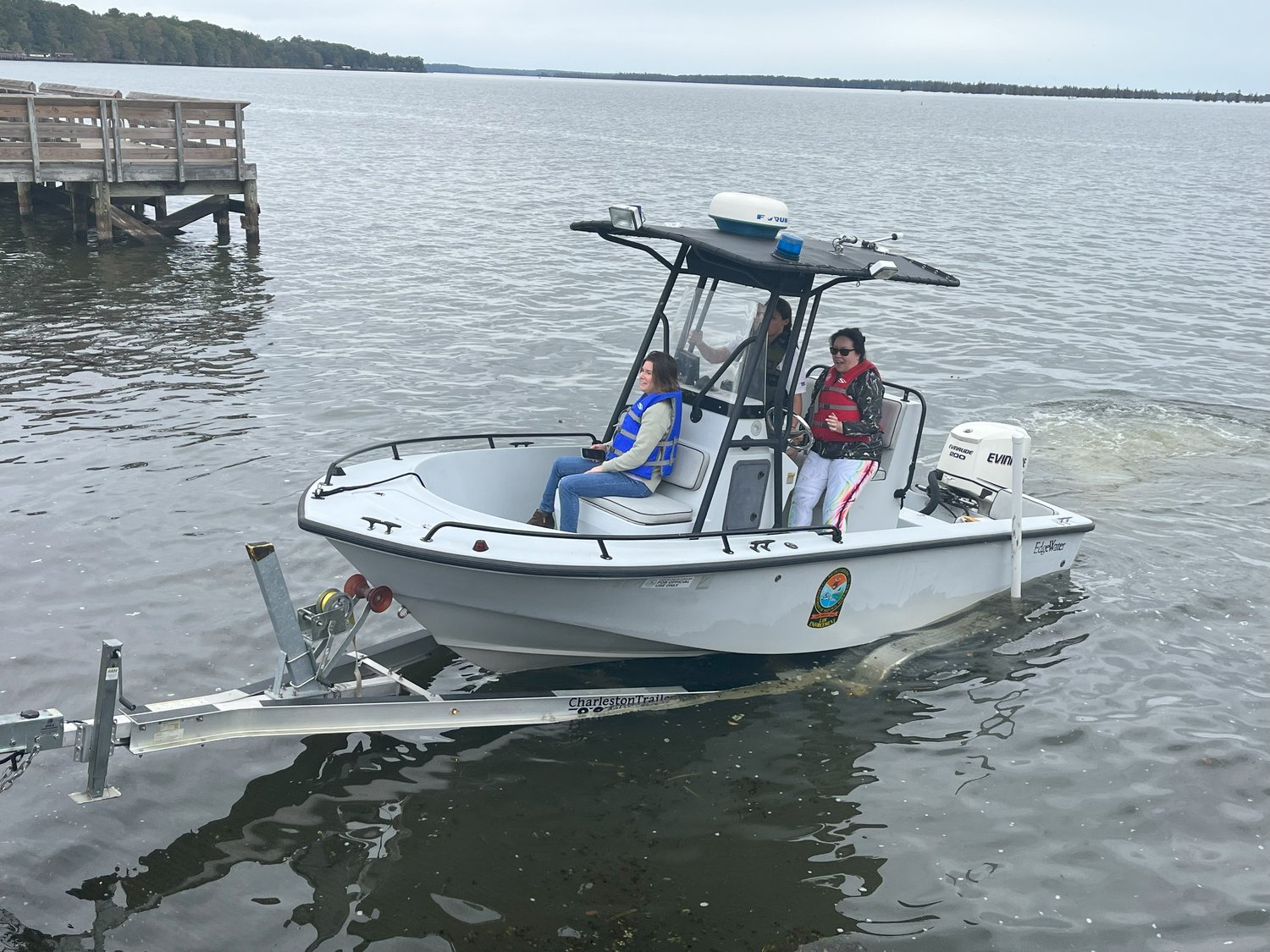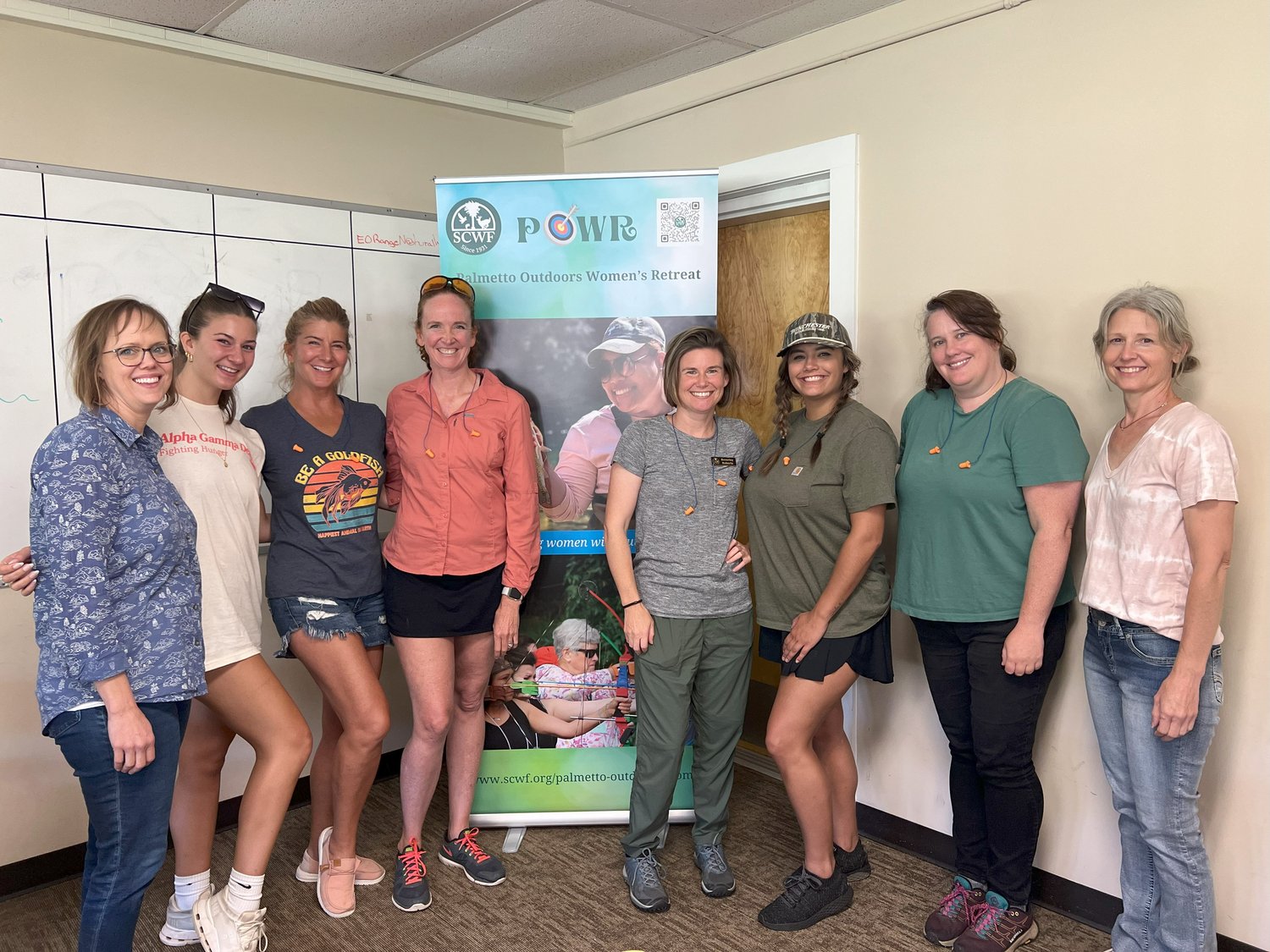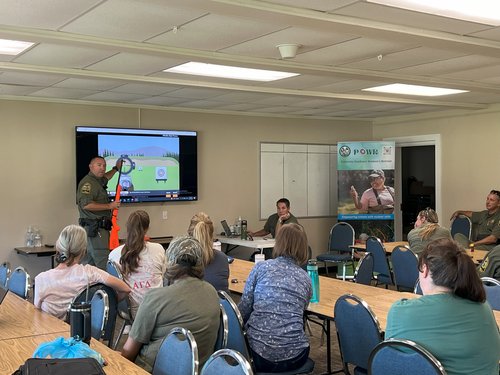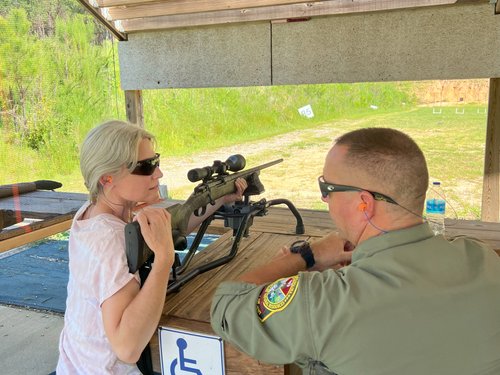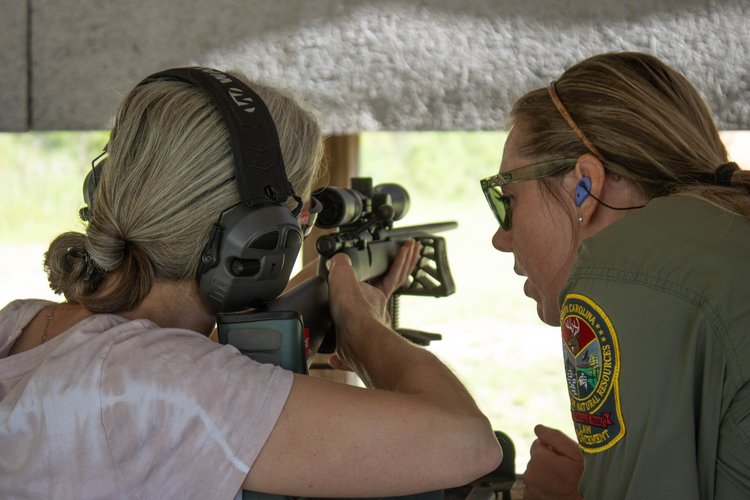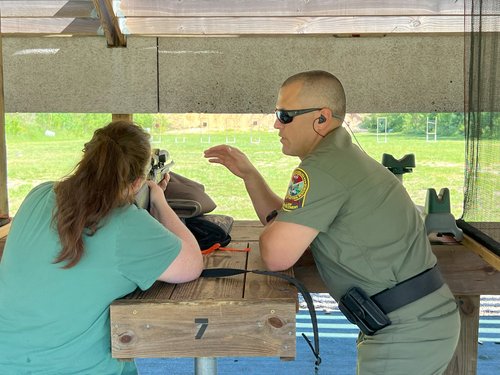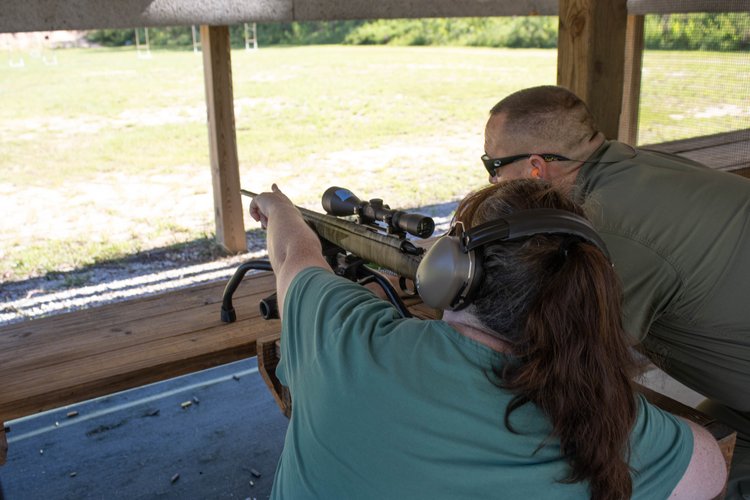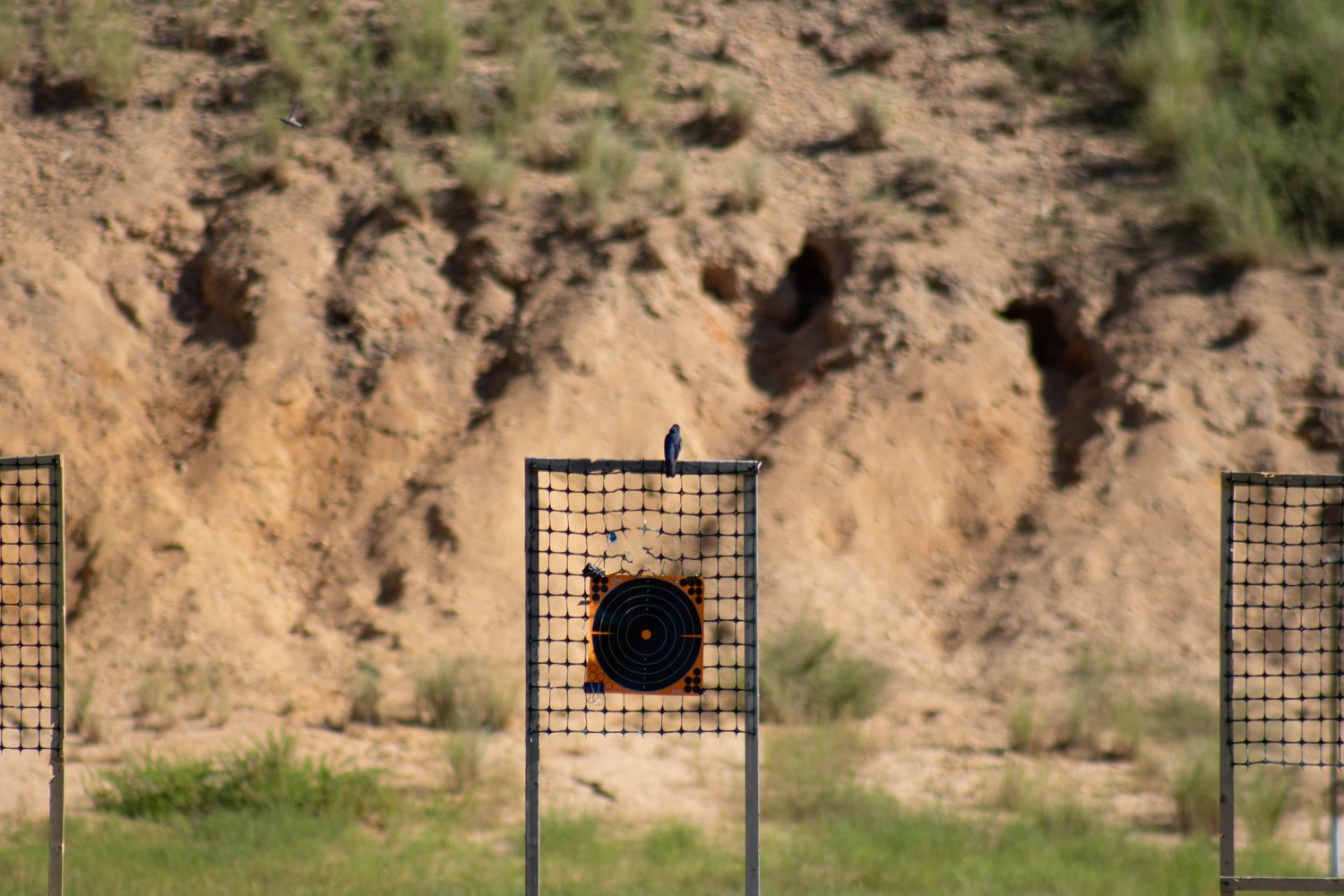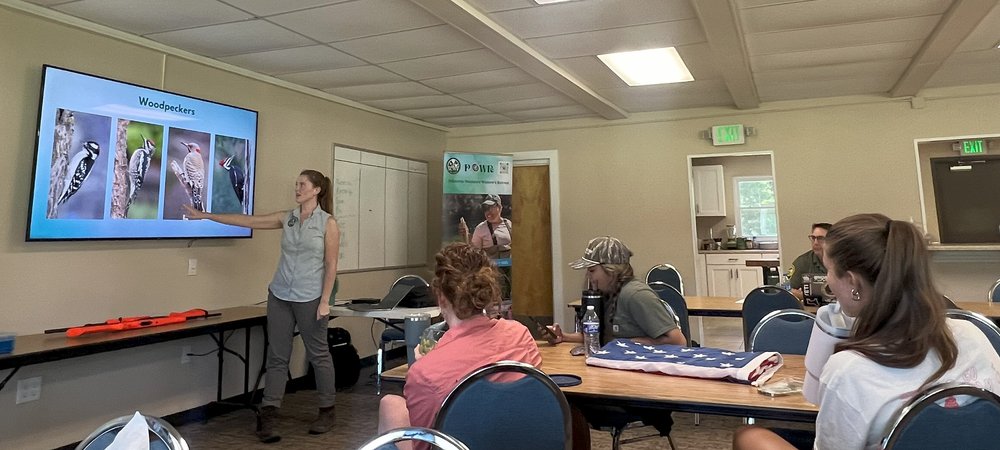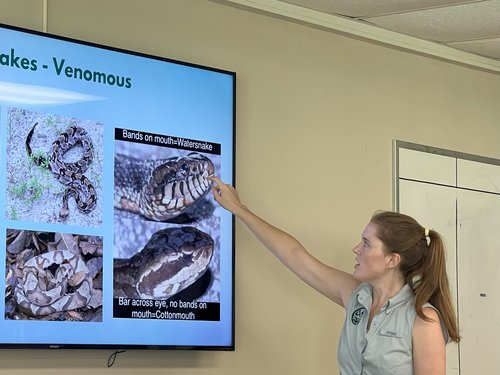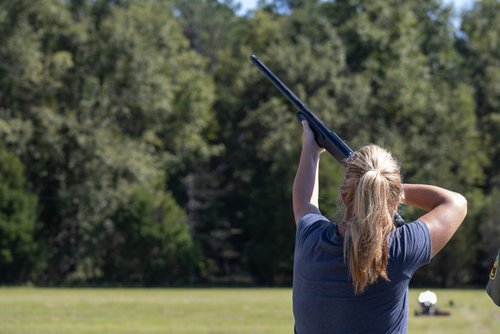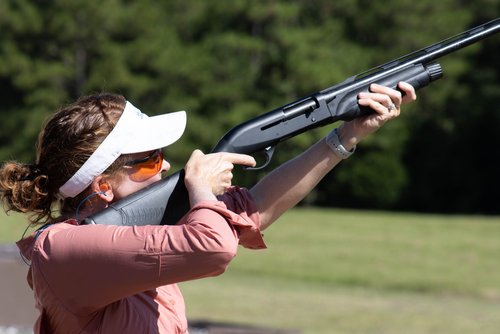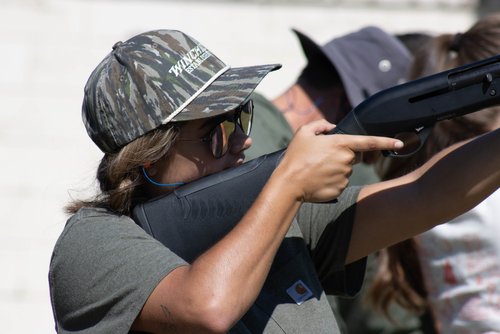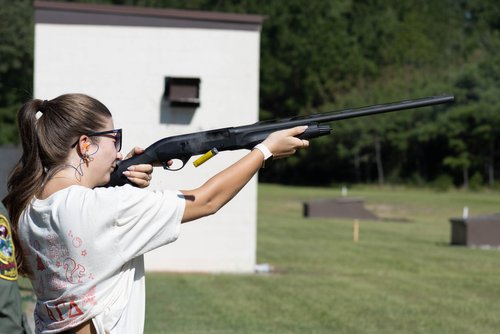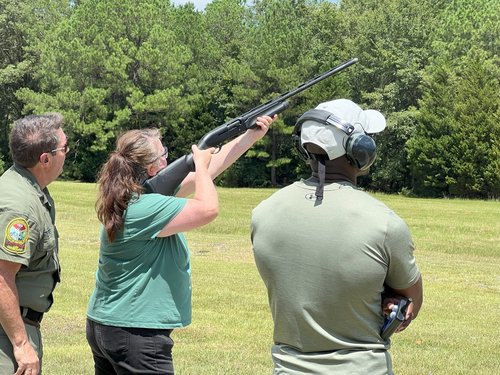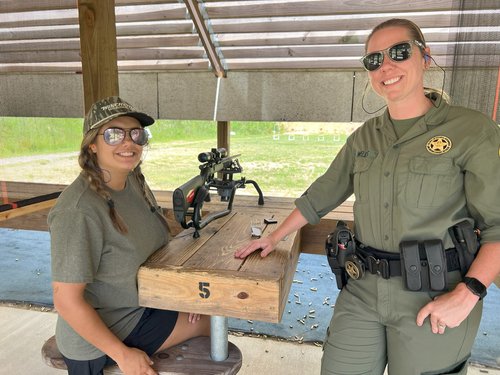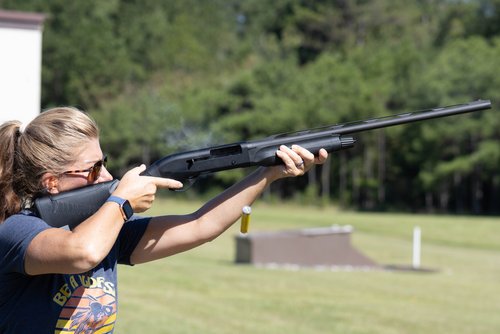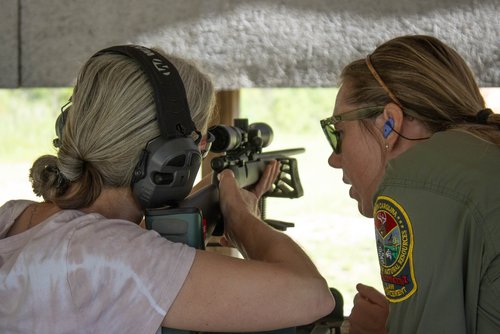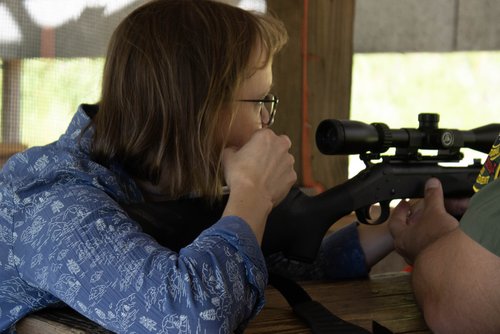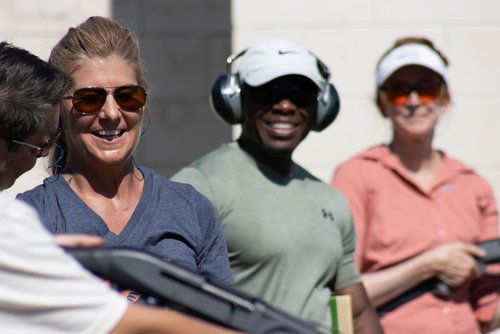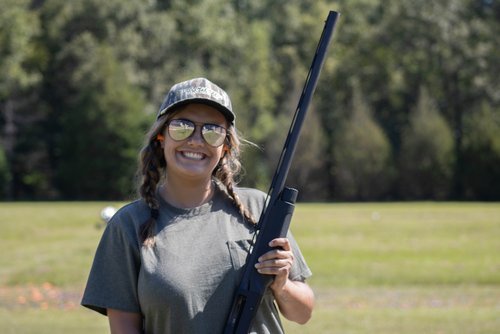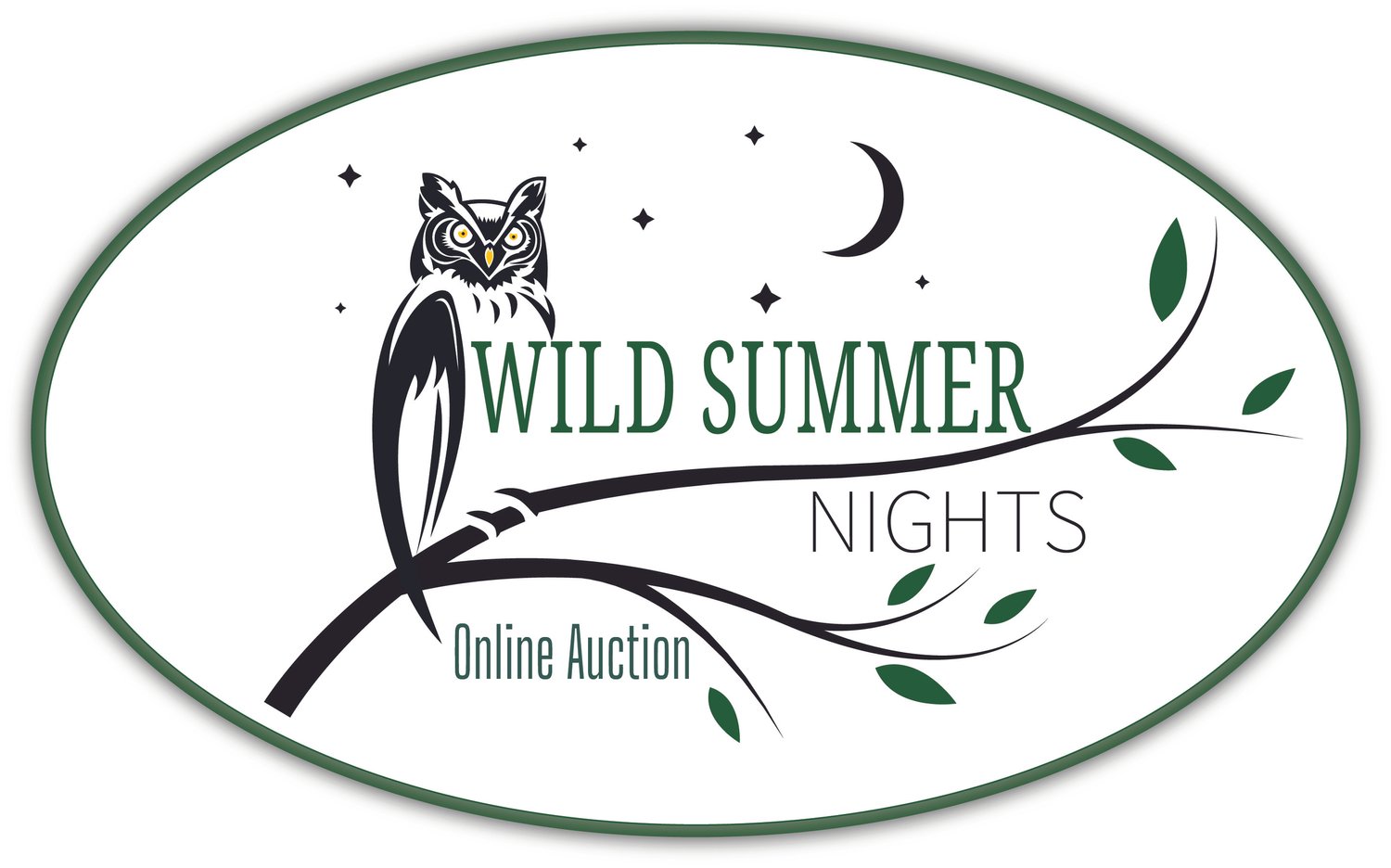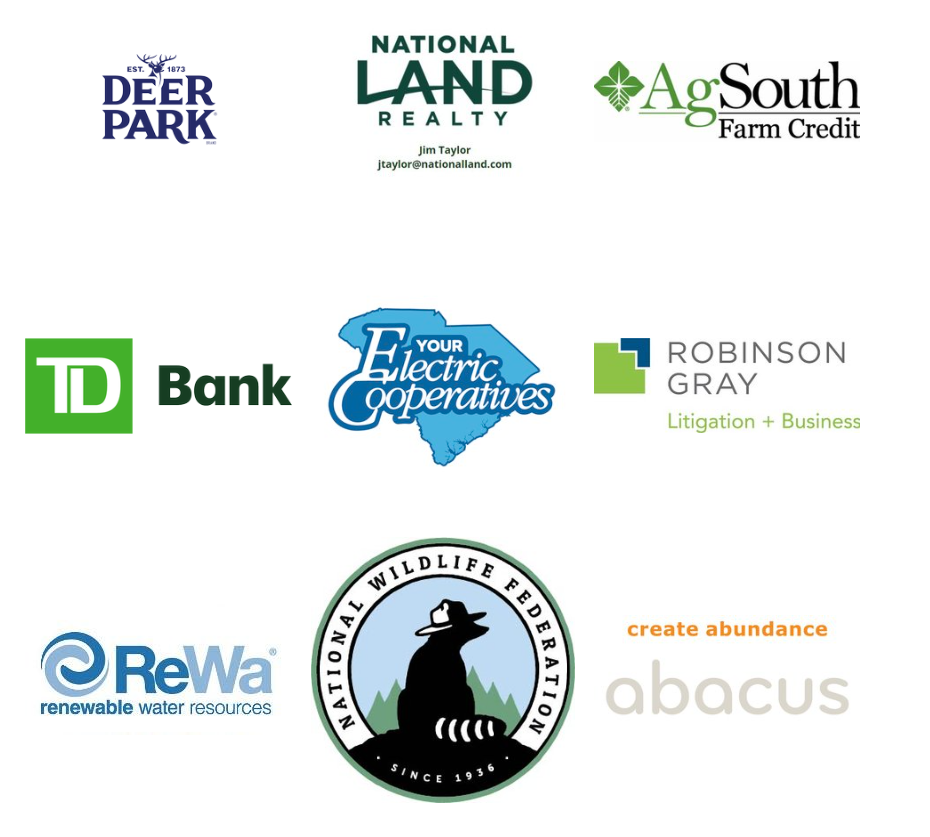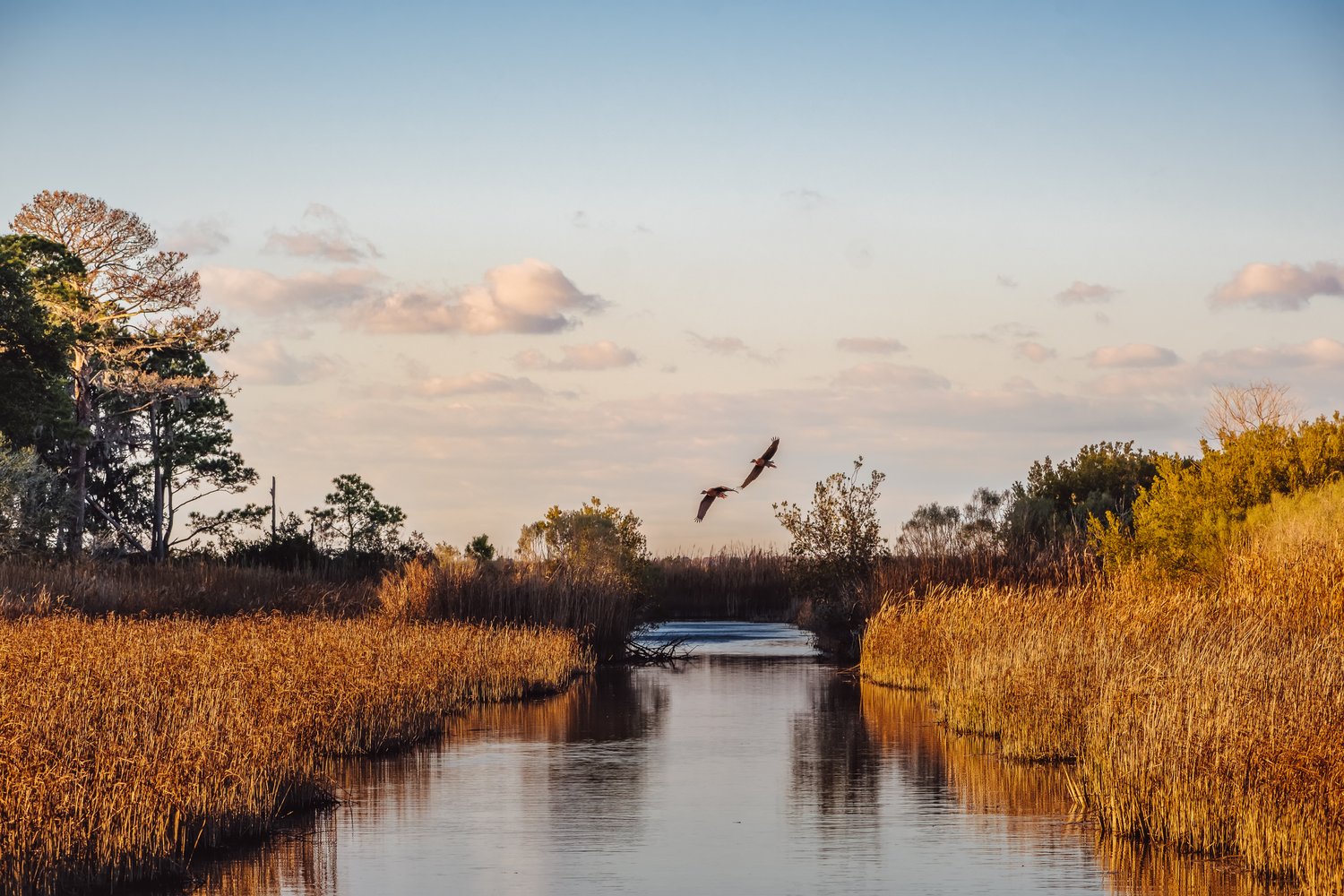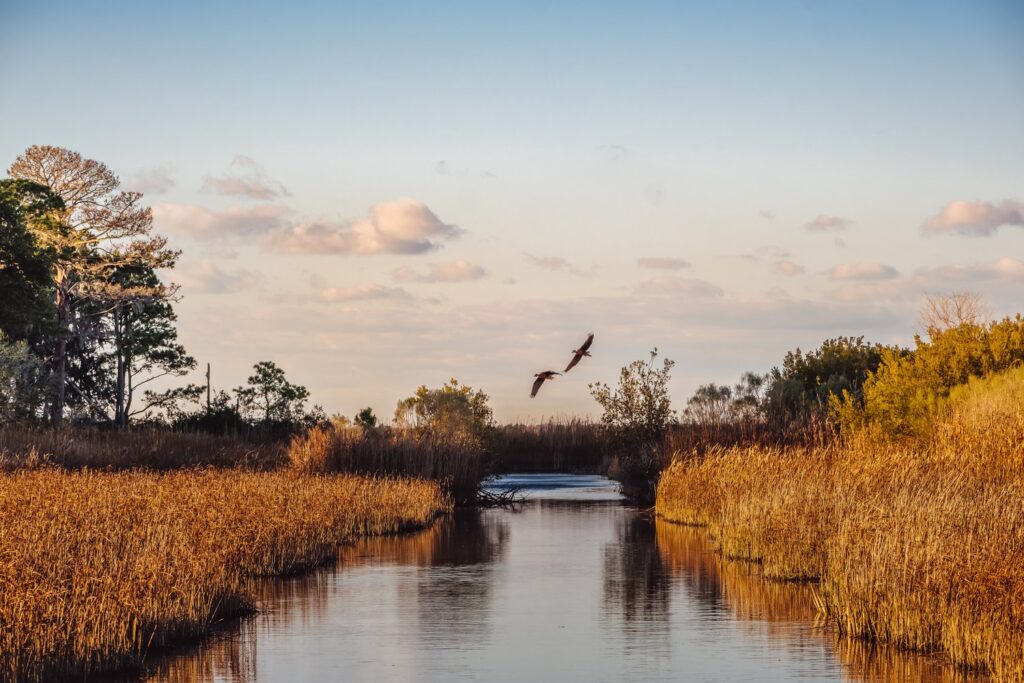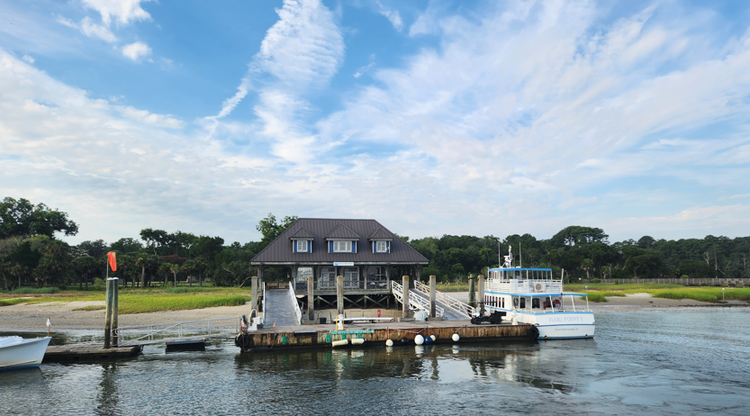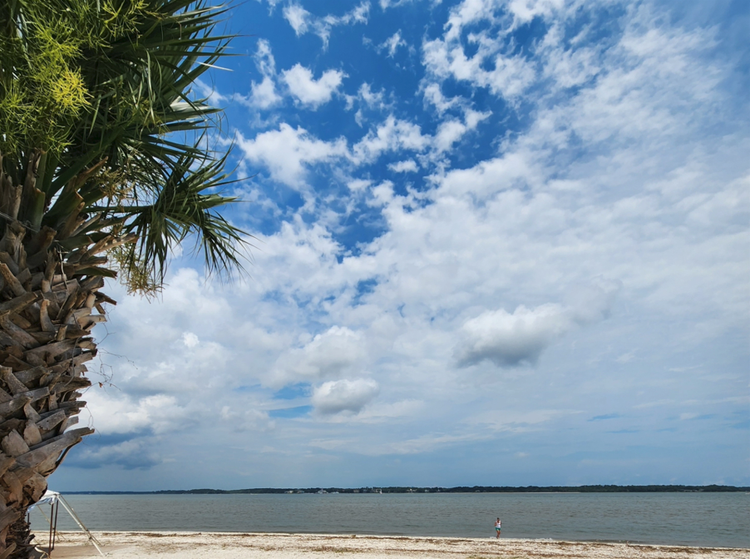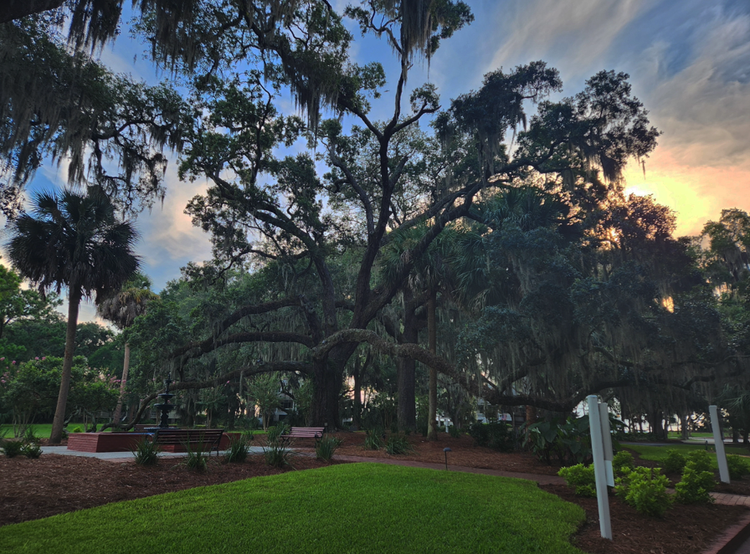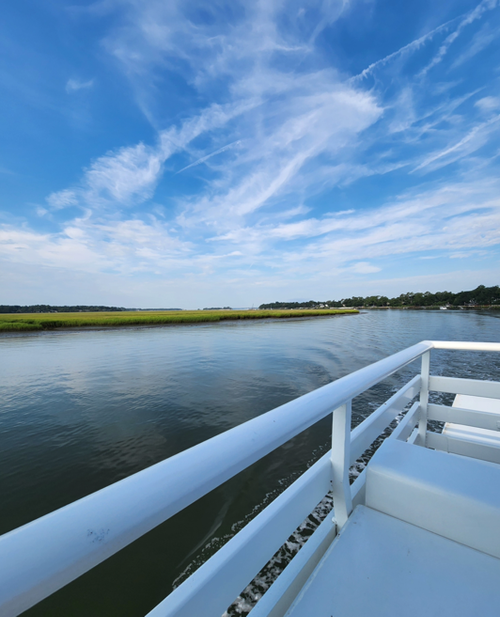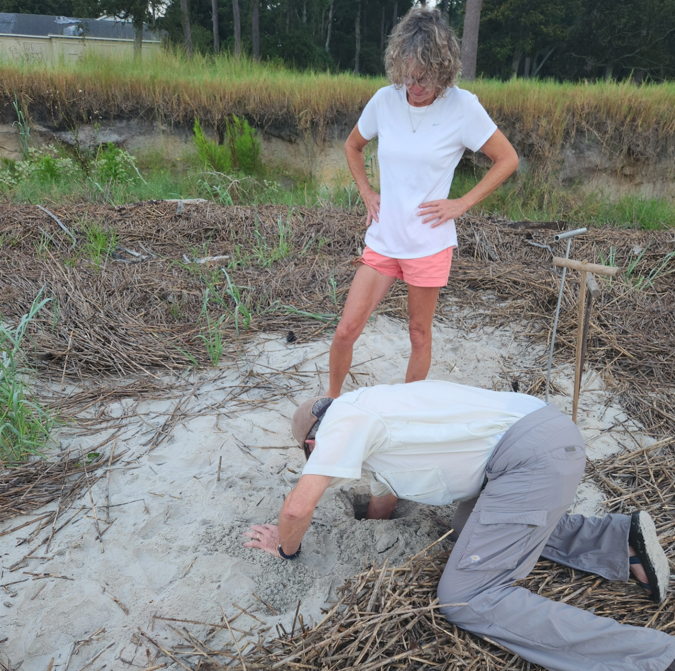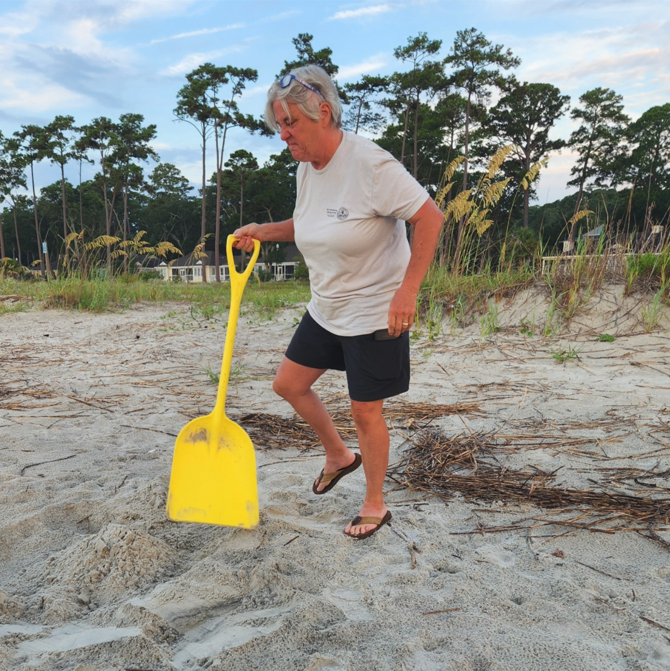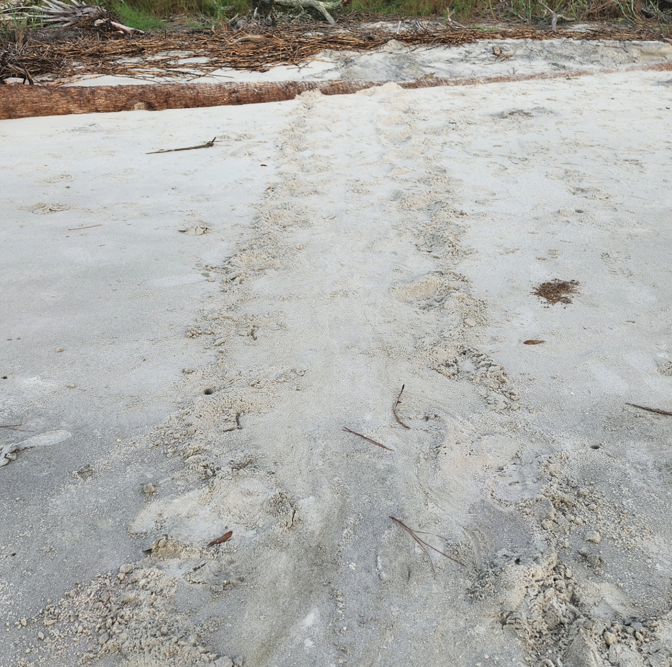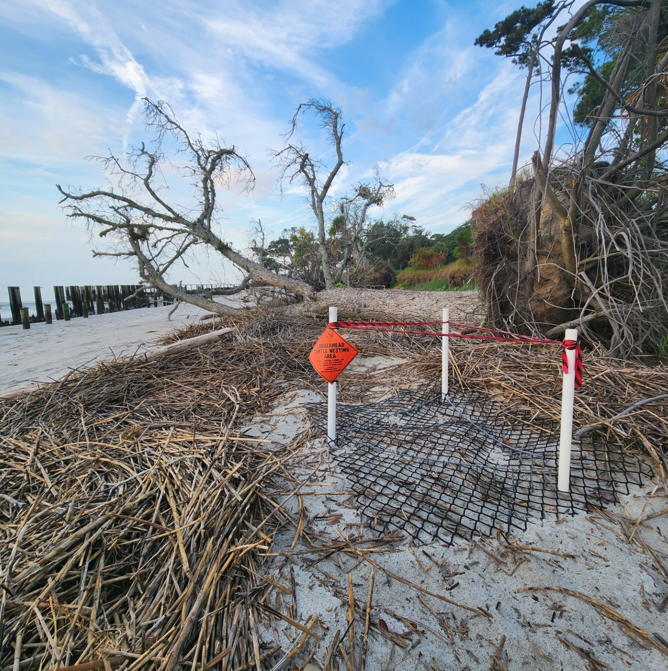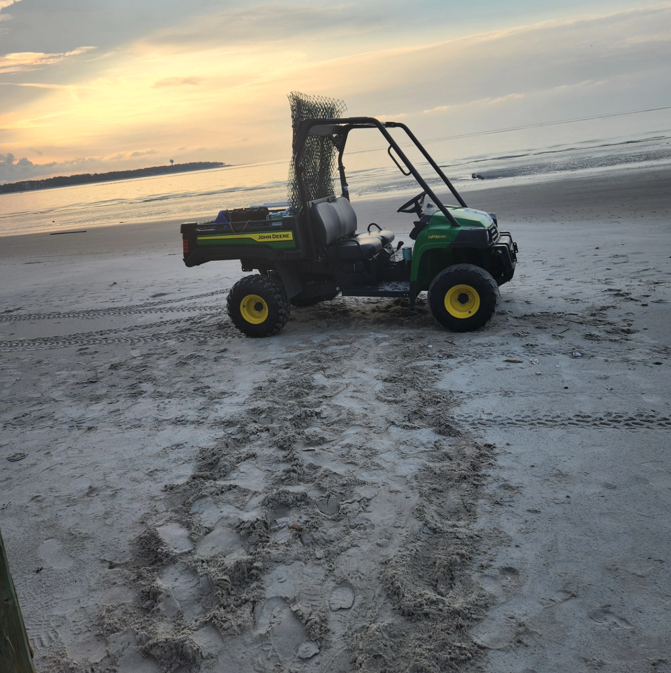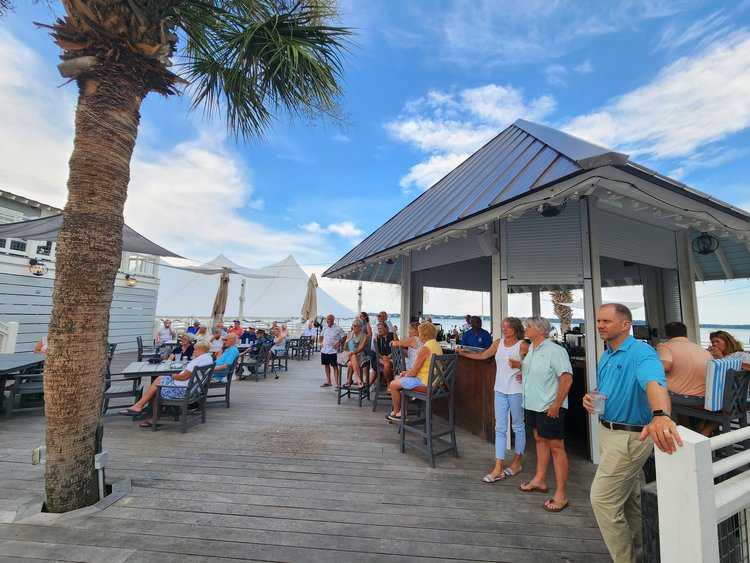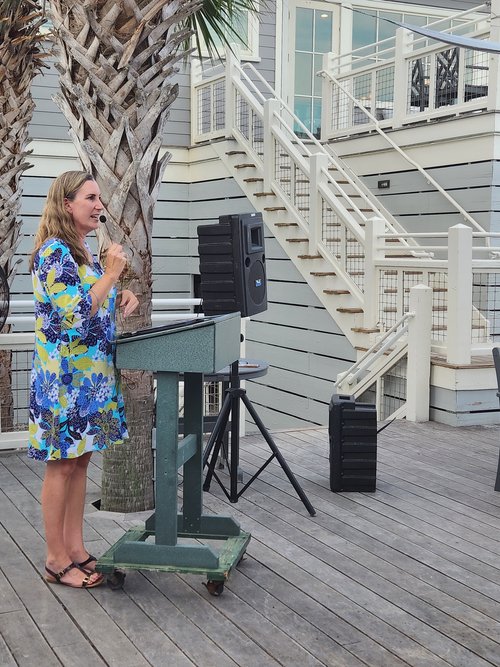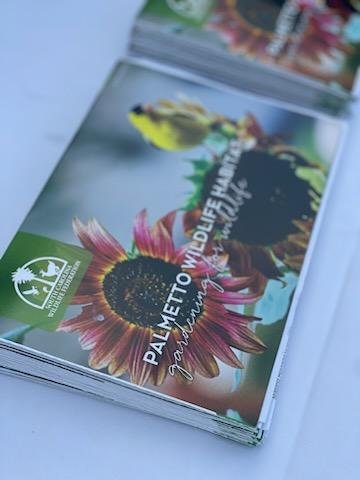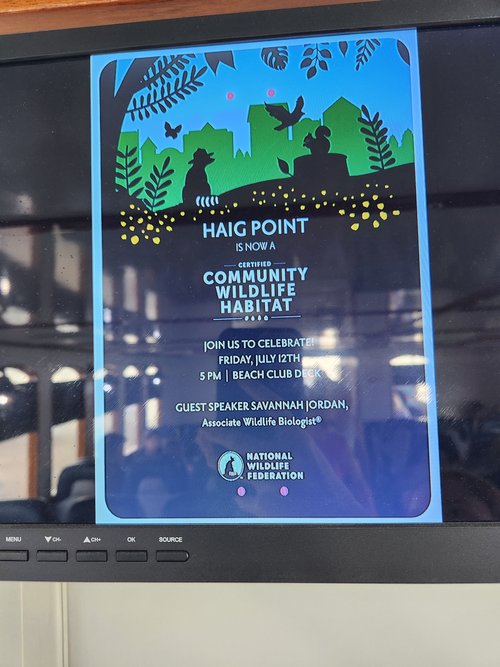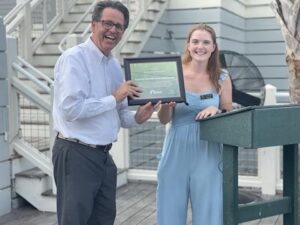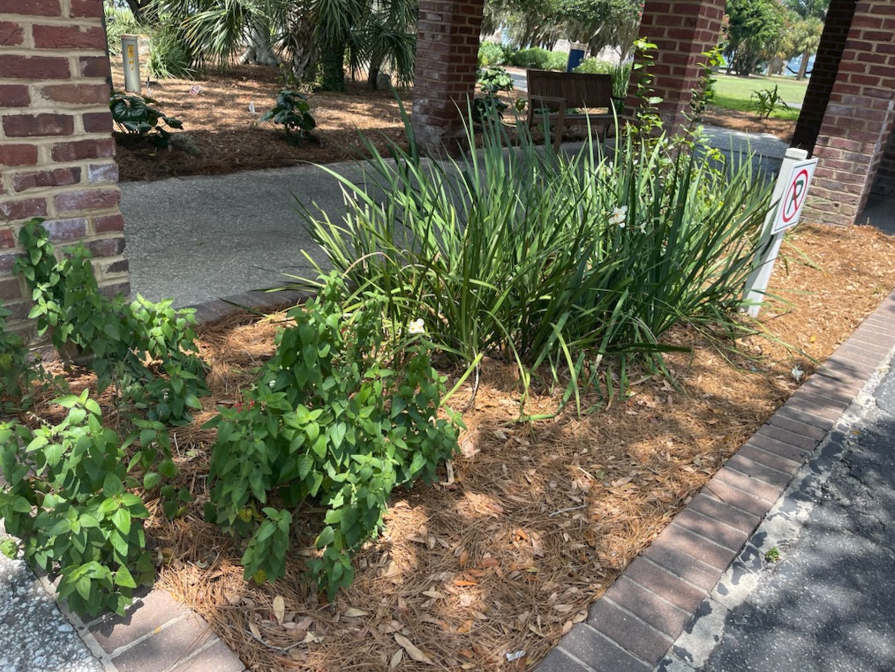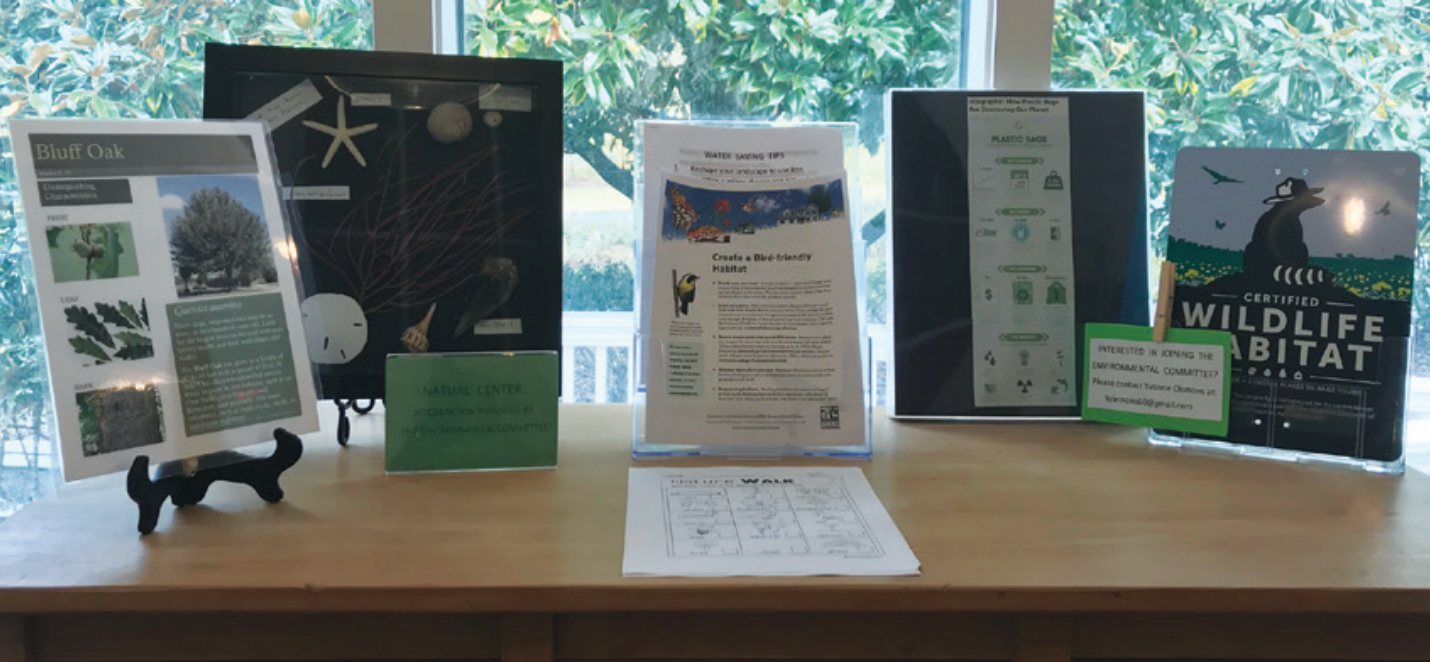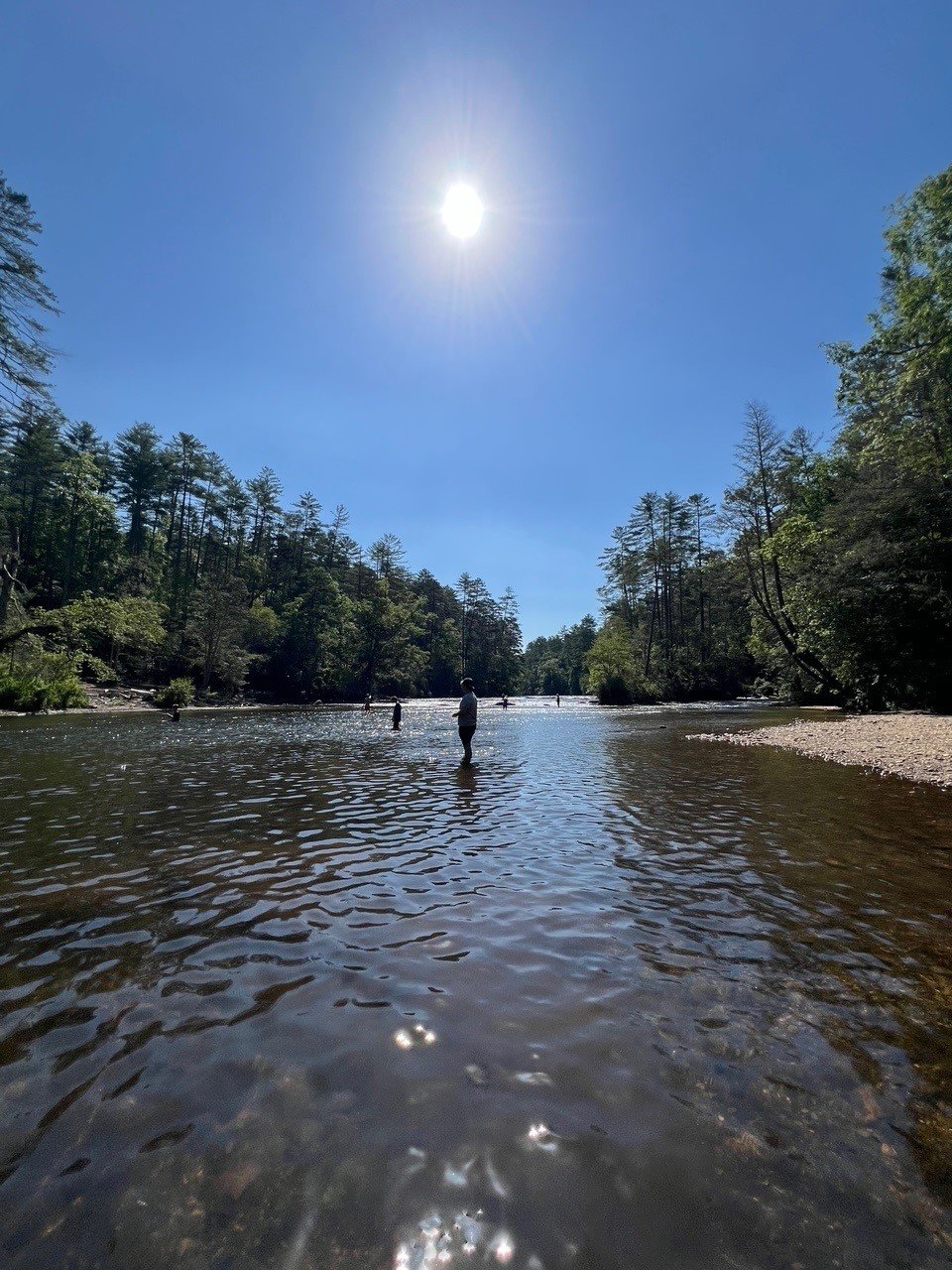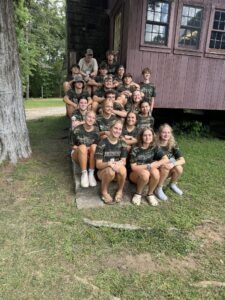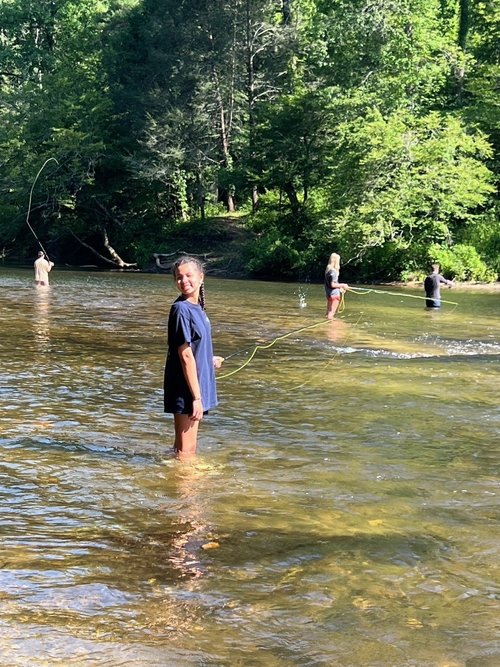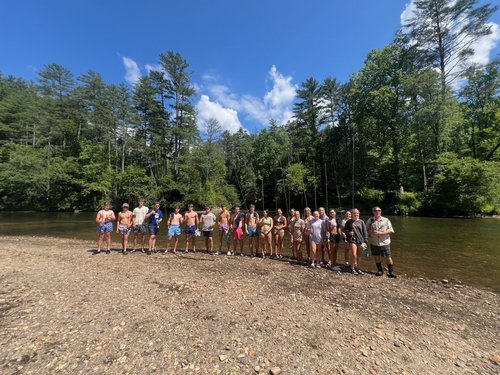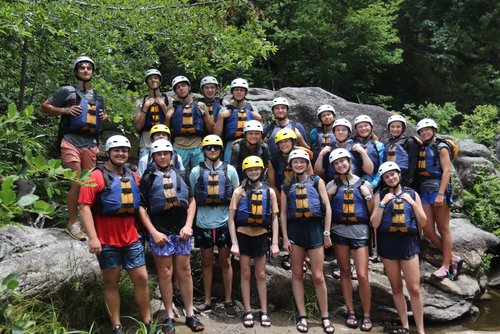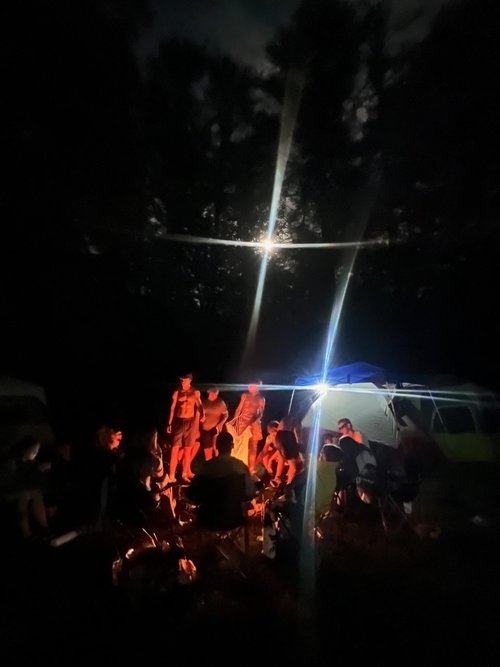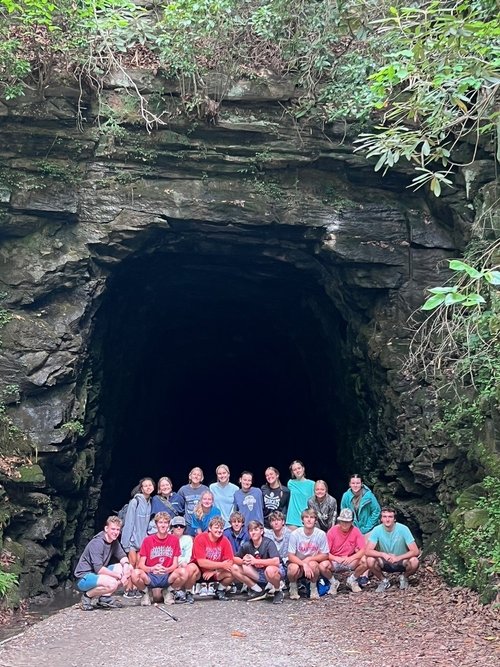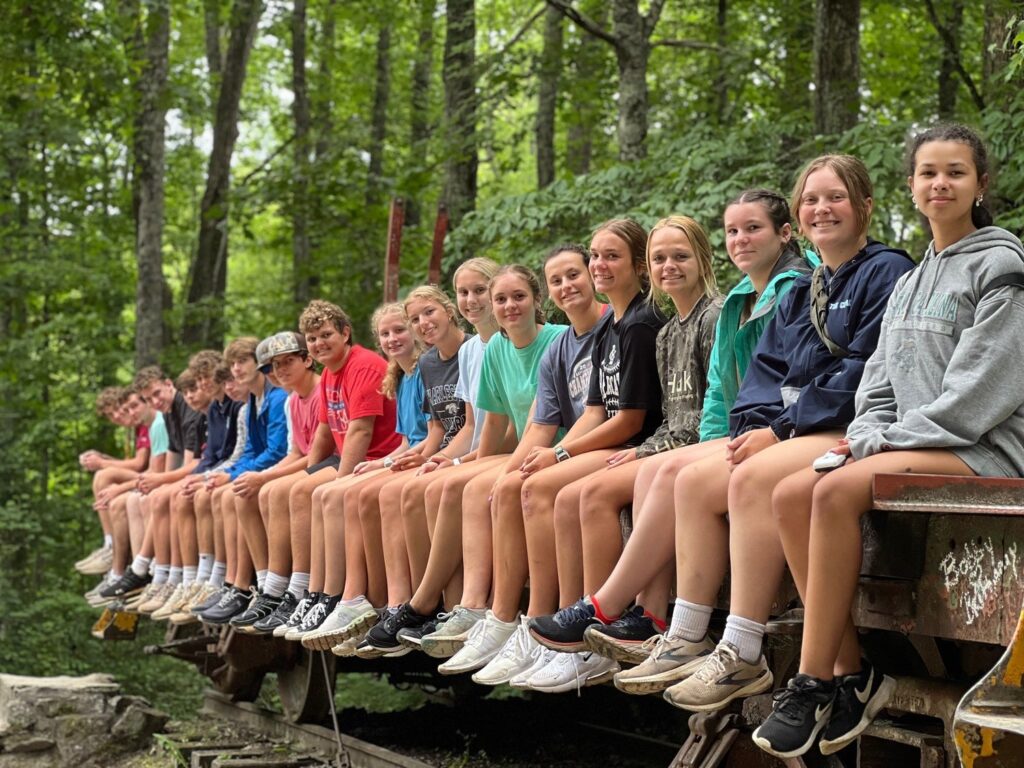Congratulations to the winners of the 2024 Wildlife Photography contest! It is always hard to select a winner because we have such talented photographers, and this year’s contest was no exception. You can go to our Flickr page here to see all the photos entered in this year’s contest.
Thank you so much to everyone who entered our photo contest this year! We are grateful because your photos help us showcase the beauty of our state and help us illustrate South Carolina’s wildlife and their habitats. Please stay tuned to see your photos featured on social media, our website, and in our eNewsletters.
Carolina Critters
Winner: Trey Wardlaw, Emergence

About the photograph:
This photograph, captured in April 2024 during the cicada outbreak in South Carolina, depicts a newly emerged cicada on a low-hanging branch. I deliberately included the exoskeleton behind the cicada to enhance the composition of the scene. To achieve a steady shot, I held the branch with one hand. To me, this image of a freshly molted cicada and its exoskeleton symbolizes the emergence of the cicadas during the 2024 invasion.
About me:
I am a wildlife photographer located in Laurens, South Carolina and I have been interested in anything nature related since I was a kid. My goal with my photography is to highlight the beauty of animals and bugs that are rarely ever seen up close.
Carolina Critters
Runner-up: Gina Sanders, Golden-crowned Kinglet

About the photograph:
The little golden-crowned kinglet was in a field behind my house, where I frequently walk. It was during fall migration and kinglets were moving through the area in large numbers. I went for a walk that morning and was excited to see and hear so many in the area. They don’t sit still for long but this little one seemed curious as he perched on a weed and watched me watching him! I was thrilled he came so close and I was able to get his photo, it’s one of my favorites!
About me:
I’m 61 years old, and an avid birder and nature photographer. Photography was my hobby back in the film days, but got put on the back burner thanks to my career and life in general. Once I started birding a few years ago I decided to get back into photography to help me identify the birds I was seeing. Now, I spend as much time as I can outdoors with my camera, watching birds and wildlife in general.
Scenes of SC
Winner: Kailey Bugarin, Kingfisher’s Stumpfest

About the photograph:
Lake Moultrie’s water gets lowered a couple times a year by Santee Cooper. It is usually lowered in the winter, some years lower than others. This photo was taken in late December of 2020, and it was the lowest the lake had been in many years followed by the recent 2024 water drop for the hurricane flooding. I was exploring the floor of the lake and capturing the many birds who were taking advantage of the low water with puddles of fish. A belted kingfisher I had been chasing landed in the most perfect spot. I was able to capture it and the reflection of the many stumps right as the sun was going down.
About me:
Born and raised in Charleston, South Carolina. Started nature photography in 2018 while attending college at USC, and continued birding as a hobby when I came home to Moncks Corner. I enjoy capturing the Lowcountry’s scenes and wildlife.
Scenes of SC
Runner-up: Stuart Barfield, Light the Way

About the photograph:
I live in the Midlands of SC, but I have a lot of family in the Lowcountry and I spend a lot of time in Charleston. I especially love Folly Beach and the mix of nature and history found there. On one trip down, I noticed the Morris Island Lighthouse was actually lit and couldn’t pass up the opportunity to capture a glimpse of the past shining over the beauty of the marsh. For me, it was a wonderful way to illustrate my sense of nostalgia and admiration for what I consider my second home.
About me:
I didn’t have a huge interest in photography until 2017, when my wife was gifted a nice DSLR camera. I got more confident using it over time and a couple years later, I began flying drones for my job. I was amazed at the potential for landscape aerial photography and have tried my hand at it on and off since then.
People In Nature
Winner: Jennifer Brown, Forest Blessings
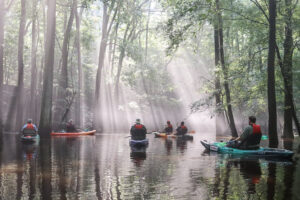
About the photograph:
The August morning captured along Cedar Creek was a mere glimpse into the magic that is hidden amongst the vast expanse of Congaree National Park. Nature photography is often about being in the right place at the right time, and having the patience to wait for the ideal shot. As the sun permeated the late morning fog, its rays beckoning the paddlers to continue exploring and maybe even linger a little longer. The otherworldly feeling was palpable as the mist swirled along the forest floor and flowing waters, enveloping all in its embrace.
About me:
I consider myself a very lucky person to have the pleasure of having Congaree National Park as my “office.” Several times a week, I get the opportunity to introduce guests from around the world to South Carolina’s only National park. As a Kayak Guide for Carolina Outdoor Adventures, I have seen many beautiful sunrises, stunning sunsets, misty mornings, and even the occasional eerie moonlit night while paddling through the old-growth forests of Congaree NP. As a mother and a military spouse, I find being outdoors to be extremely rejuvenating for the mind and body and make it a goal to enjoy as many opportunities as possible.
Scenes of SC
Runner-up: Judy Fairchild, Now and Then

About the photograph: I was looking at American oystercatchers along the Intracoastal Waterway, and thought the juxtaposition of the wooden sailboat against the modern fishing boat was the quintessential South Carolina landscape.
About me: I run Nature Walks with Judy, whose goal is to get people to appreciate the amazing nature right outside their doors. I started that blog and social media accounts in March of 2020; it was my response to everyone’s need for nature during the pandemic! You can follow me on Instagram here and on Facebook here.
